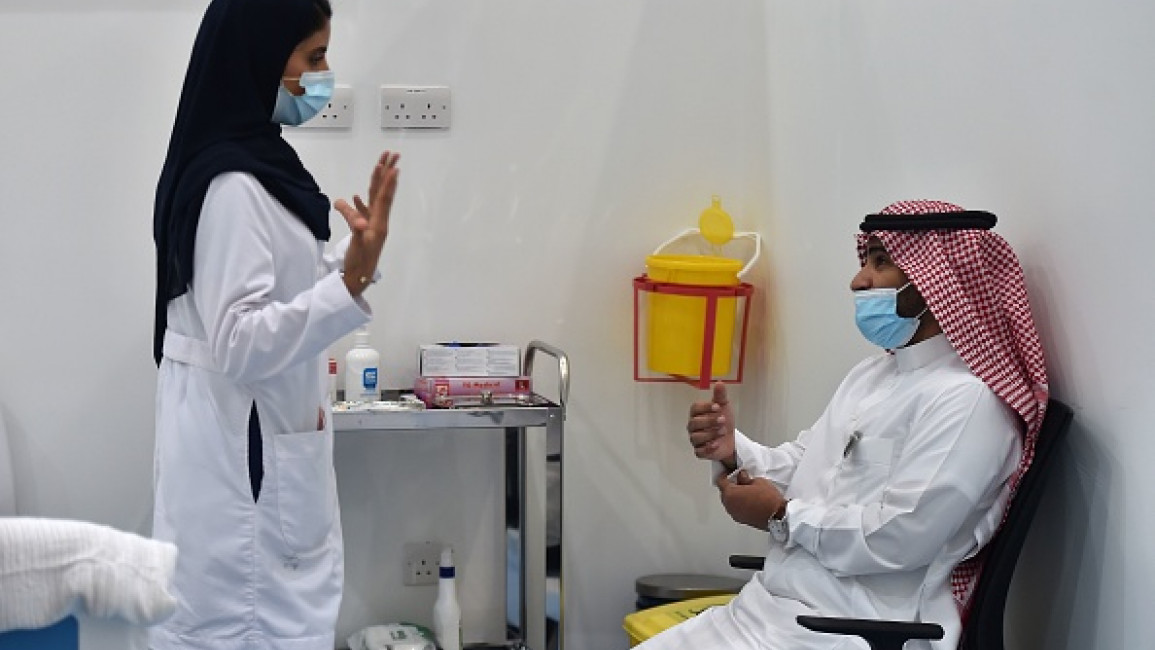Saudi Arabia to host landmark summit on antimicrobial resistance
Saudi Arabia will host the fourth international ministerial conference on antimicrobial resistance, set to take place in Autumn 2024, as scientists fear the coming of a ‘silent epidemic’ of treatment-resistance disease that already has a foothold in countries across the Middle East.
The announcement that Riyadh will host the summit was made in Geneva at a conference celebrating 75 years since the World Health Organisation was formed.
Saudi health minister Fahad al-Jalajel said the kingdom will be ramping up a social awareness campaign next year as part of a UN declaration on anti-microbial resistance.
“Today we celebrate the 75th anniversary of the World Health Organization and we reaffirm our noble goals, our constant endeavors and our ongoing efforts to protect and save lives, and our continued work to promote health for all,” said al-Jalajel.
Antimicrobial resistance is of increasing concern to the international medical community, as bacteria, viruses, fungi and parasites become resistant to commonly-used medicines that save millions of lives every year.
Jalajel called the spread of antimicrobial resistance a “silent epidemic” during his speech, and expressed hopes that increased research and focus on the issue would lead to effective and sustainable solutions.
Heart disease is by far the most common cause of death in Saudi Arabia - and while antimicrobial resistance does not yet feature in the top ten, analysts believe that it could swiftly force its way into view.
Drug-resilient bacteria have already raised serious concerns for healthcare professionals operating in conflict-hit countries across the Middle East.
“The Middle East is probably the hotspot globally for antimicrobial resistance,” Tom Potokar, chief surgeon at the ICRC told the Financial Times last year in Gaza.
Potokar’s patients have included Palestinians wounded by high-velocity Israeli weapons who are then struck by drug-resistant infections.
The chief surgeon described it as "a significant problem".



